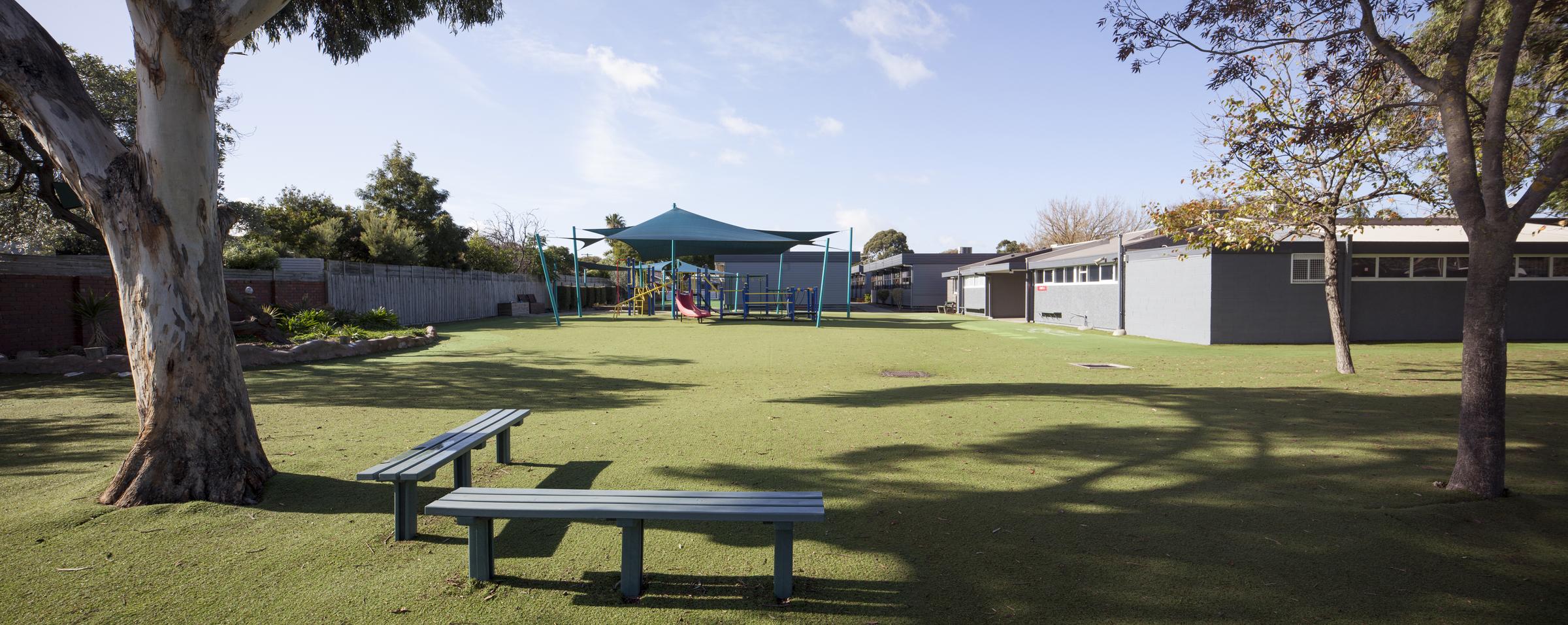Principal

Aaron Cox
Principal
Class placements for 2025 is nearing completion, we’ve met our new preps for 2025 and students are in full swing for their performance in two weeks. Year 2s have completed their sleep over, Year 1s are about to have their activity night at school, Year 4s are heading off to camp next week, teachers are already writing end of year reports, assessments are aplenty and through all of this your children remain engaged at school.
School fees and contributions for 2025 have been shared wi the school community. We all know that Kingswood is renowned for going above and beyond with what we offer children at Kingswood and these experiences directly correlate to parent contributions. We can only create a budget based on the funds received by families.
It has been a while since I have referenced Michael Grose, a leader in the field of child welfare/behaviour and parenting. Here is his contribution to this week’s newsletter:
Do you have a child who craves attention? Does their attention-seeking at times deflate and overwhelm you? If so, you are not alone. Attention-seeking is perhaps the most common misbehaviour in families.
“Look at me, Mum” and its many variations become like a nervous tic driving parents to distraction. It’s good to give kids your undivided attention, but there are limits to how much attention you can give. Unfortunately, attention-seeking becomes a pattern of behaviour that’s hard to break.
My first parenting mentor Prof. Maurice Balson, author of 'Becoming Better Parents', believed that children who constantly seek attention are generally discouraged. “I am not good enough” is their belief.
The antidote to discouragement according to Prof. Balson, was to increase the amount of encouragement that a child or young person received. Encouragement, literally meaning ‘to give heart or courage’ focuses on the processes of improvement, effort, enjoyment and contribution.
The latter, contribution, is the most potent of these processes. Kids will usually belong to their families in two ways. They are either contributing members, or are known for their poor behaviour. For kids known for poor behaviour, their usual way of operating shows a mindset of “If I’m not appreciated, at least they’ll know I’m around”.
Attention or appreciation? There’s no contest. Appreciation is the genuine deal when it comes to helping kids feel good about themselves.
Why appreciation works
Appreciation is highly motivating. Even adolescents will generally respond to a parent’s appreciative comments, although their faces won’t always not show it.
Appreciation has an old-brain connection. The job of our old brain or survival brain, is to keep us safe. Our safety can only be guaranteed if we are a part of a group, so parent appreciation helps kids feel secure, preventing them from resorting to negative attention-seeking behaviour to feel part of the group.
Appreciation is approval on steroids
Approval says I like what you do. Appreciation means much more. It shows how behaviour impacts on another person on an emotional level, which has a stronger impact.
Showing appreciation is a wonderful way to shape a child’s behaviour in positive ways. “Thanks so much for cleaning your toys away without asking. It makes my life so much easier.” This type of comment will usually generate a dopamine (feel-good chemical) response from a child, which means they are likely to repeat the behaviour to replicate the feeling.
How appreciation works
There are four rules to be mindful of, when you show appreciation:
It must have meaning
Appreciation must be real and related to a specific behaviour for it to be effective.
It should let child know the emotional impact of their behaviour
Either with words (“It makes me feel happy”) or through non-verbals (a smile, a hug or high-five) your child should see that their behaviour has had a positive impact on you.
It should be genuine
You can’t fake sincerity with a child or young person as they are generally adept mood detectives.
It’s best if it has small differences
Showing appreciation is not a one-size fits all behaviour. Appreciation should be shown in a way that matches the situation and suits your child. Consider writing a note to show appreciation for something special. Boys often prefer private encouragement rather than public acknowledgement, so consider when and where you shower them with encouragement.
Positive side effects
There are plenty of positive side effects to showing appreciation for a behaviour. An appreciative parent comment helps create a healthy, happy family atmosphere. Appreciation can change the mood of the giver and receiver and it’s a behaviour that if adopted by children can be experienced by the next generation. That makes parent appreciation a behaviour for the ages.

